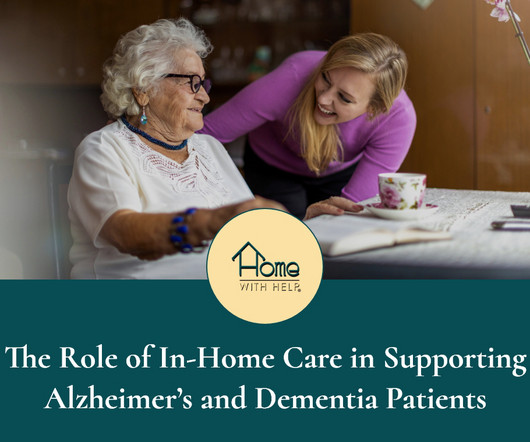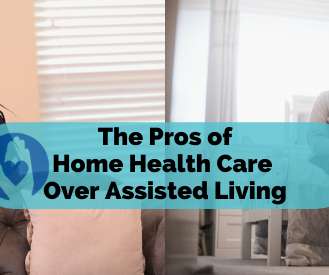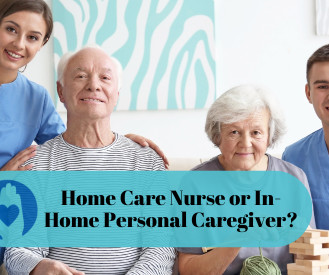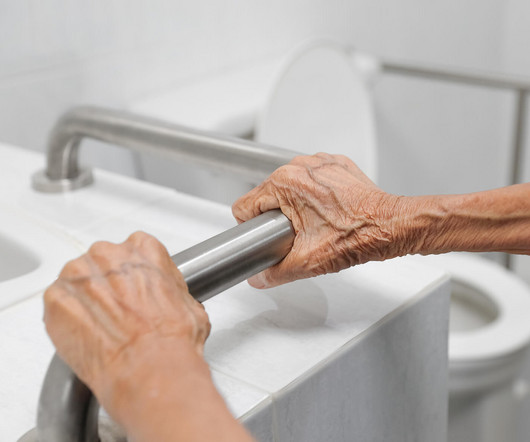Ensuring Bath Safety in Nursing and Assisted Living Facilities
AT Home Care & Hospice
JANUARY 2, 2024
By: Matt Kovalchick, PT Introduction: Bath safety is a critical issue in Skilled Nursing Facilities (SNF) and Assisted Living Facilities (ALF), where residents often face mobility or balance challenges. These limitations can unfortunately lead to falls and other incidents during what should be a private and dignified experience.

























Let's personalize your content